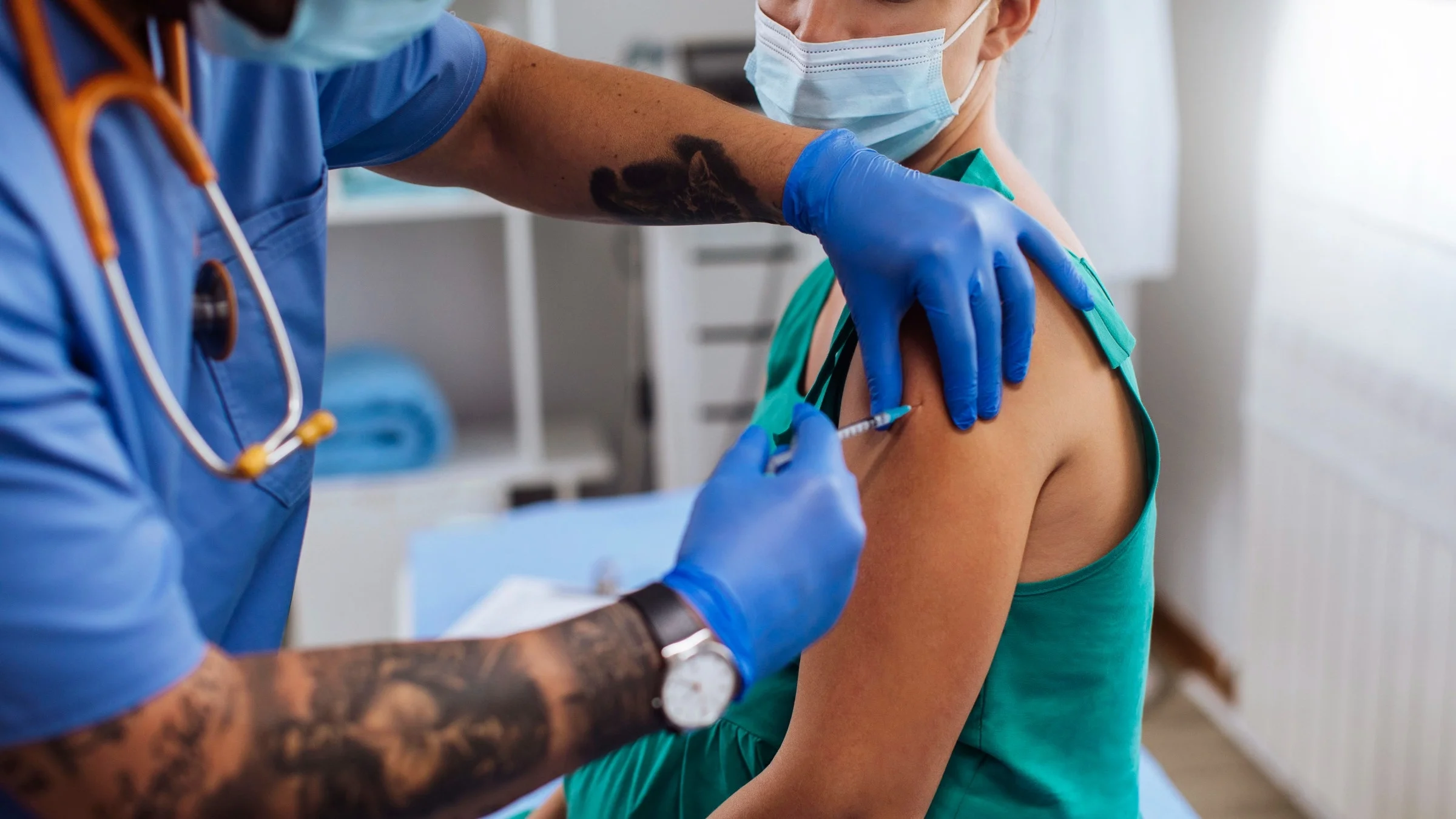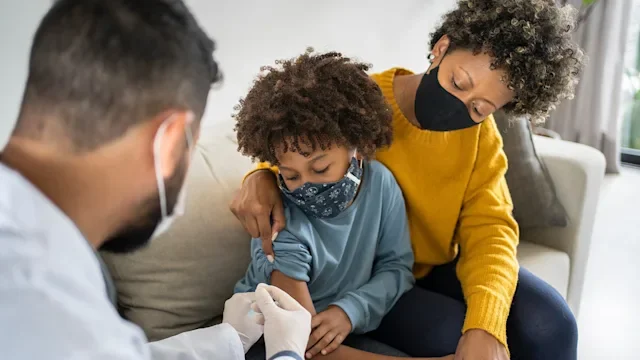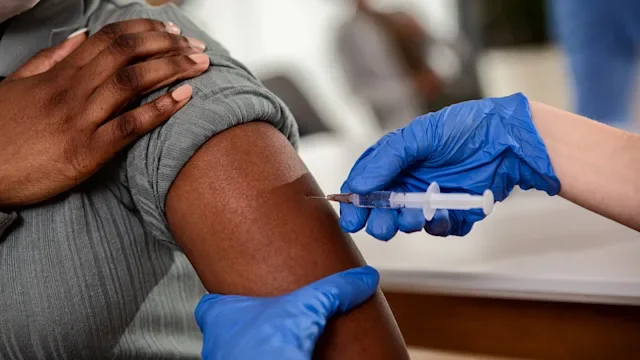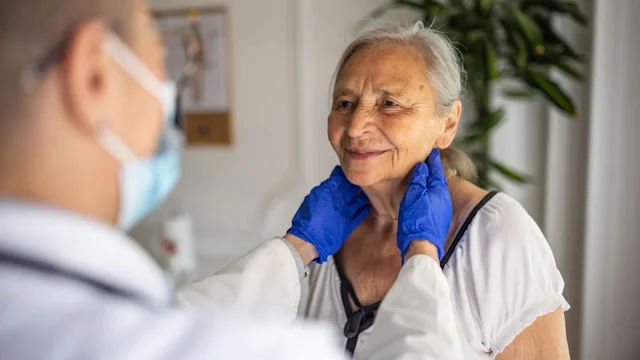Key takeaways:
Vaccines are important for your health and the health of your baby.
Many vaccines are safe during pregnancy.
Avoid vaccines with live components such as the MMR and varicella vaccines.
Vaccines are an important topic when it comes to pregnancy, in terms of you and your baby’s health. Some vaccines are very important to get during pregnancy. Others you should avoid. Read on to find out more.
Do you have to get shots when you’re pregnant?
Yes, you will need to get some shots when you’re pregnant. The best way of keeping your baby healthy is to stay healthy yourself.
Getting the recommended vaccines can help prevent infections and keep you healthy, which is important for your baby’s health and development.
In addition, vaccines are important for your baby’s immune system as well. Vaccines protect you against infections that can cause birth defects, like rubella. Vaccines can also help you boost your baby’s immunity to common infections that can cause your baby to become very unwell in the first few weeks of life. If you have strong immunity, you can pass immune molecules, called antibodies, to your baby across the placenta to give your baby a temporary immune system boost for the first weeks of life, until your baby is able to make their own antibodies.
Are vaccines safe in pregnancy?
Some vaccines are very important to get during pregnancy, while there are others you should avoid. Meanwhile, others are considered on a case-by-case basis:
A general rule of thumb is:
Vaccines made of inactivated components are mostly safe.
Vaccines made of live viruses and bacteria could cause harm during pregnancy — and are best avoided.
What vaccines should you get during pregnancy?
There are some vaccines that are particularly important to get during pregnancy.
TDaP
Tetanus, diphtheria, and pertussis (TDaP) is a vaccine you should get every time you get pregnant. The main reason is that it protects against pertussis, the bacteria that causes whooping cough. Whooping cough can be dangerous for young babies. Fortunately, getting the TDaP vaccine means that your baby gets protected from pertussis after birth. You should get a TDaP between 27 and 36 weeks of pregnancy.
Influenza
Pregnant women should get the influenza vaccine annually. Make sure you get the inactivated influenza vaccine and not the live virus version. Influenza causes the flu, which can cause more serious infections in pregnant women. Getting your flu shot can prevent the flu or make the illness less serious if you catch it.
Read more like this
Explore these related articles, suggested for readers like you.
What vaccines should you get before pregnancy?
MMR
One vaccine, the measles, mumps, and rubella (MMR) vaccine, is important to get before you are pregnant. Most people get this in childhood. But if you aren’t vaccinated and are planning on getting pregnant, it’s a good idea to get the MMR vaccine 4 weeks before. The MMR vaccine is a live virus vaccine, so you can’t get it while you are pregnant. The MMR vaccine protects against rubella, a virus that can cause birth defects.
What are some other important vaccines to get if pregnant?
Some other vaccines aren’t needed for all pregnancies but could be considered if you and your healthcare provider feel you are at risk of these infections. Examples are:
Hepatitis A and B vaccines
Meningitis vaccines
Rabies vaccine
Travel vaccines
Talk with your provider so you can decide if any of these are necessary for you.
What are some vaccines to avoid while you’re pregnant?
There are some vaccines to avoid when you are pregnant. Live virus vaccines have the potential to cause infections, even if they are weaker than the germs that normally cause infections. For this reason, you should avoid these while pregnant.
Examples of live vaccines to avoid while pregnant are:
The live influenza vaccine (different from the inactive influenza vaccine)
MMR (though try to get it before you become pregnant if you haven’t yet)
Varicella (chickenpox) vaccine
The tuberculosis vaccine (BCG)
You should avoid the human papillomavirus (HPV) vaccine in pregnancy, even though it’s not a live vaccine. There isn’t a lot of information available guiding us in whether it’s safe or not, so it’s best to wait until you are no longer pregnant to get the HPV vaccine or finish the vaccination series.
Can you get a COVID-19 vaccine while pregnant?
There’s a lot to think about when it comes to COVID-19 and pregnancy. The COVID-19 vaccines are new, and we don’t have a lot of information about how effective and safe they are in pregnant women. The American College of Obstetricians and Gynecologists (ACOG) recommends getting a COVID-19 vaccine if you feel the benefits are greater than the potential risks.
Some things to consider here are:
How much COVID-19 is there in your community?
How likely are you to be exposed?
Is there a reason you might have a more severe COVID-19 infection?
It’s important to talk with your provider about this, so that you can make an informed decision about getting the COVID-19 vaccine while pregnant. There’s no right or wrong answer here.
Can I get vaccines while breastfeeding?
When you are no longer pregnant, you can get almost any vaccine, even if you’re breastfeeding. There are a few exceptions. For example, the yellow fever vaccine could cause infections in your baby while breastfeeding, so avoiding travel to somewhere where this would be needed while breastfeeding would be best, unless it’s absolutely necessary.
The bottom line
Some vaccines, such as the TDaP and influenza vaccines, are important to get during pregnancy for both your health and the health of your baby. If possible, get vaccinated with the MMR vaccine before pregnancy if you haven’t been vaccinated with it yet. Avoid live vaccines during pregnancy because they may not be safe for you and your baby.

Why trust our experts?


References
Centers for Disease Control and Prevention. (2024). Guidelines for vaccinating pregnant persons.
Englund, J A. (2007). The influence of maternal immunization on infant immune responses. Journal of Comparative Pathology.
Grohskopf, L. A., et al. (2019). Prevention and control of seasonal influenza with vaccines: Recommendations of the Advisory Committee of Immunization Practices — United States, 2019–20 influenza season. Morbidity and Mortality Weekly Report (MMWR).
Petrosky, E., et al. (2015). Use of 9-valent human papillomavirus (HPV) vaccine: Updated HPV vaccination recommendations of the Advisory Committee on Immunization Practices. Morbidity and Mortality Weekly Report (MMWR).
Sawyer, M., et al. (2013). Updated recommendations for use of tetanus toxoid, reduced diphtheria toxoid, and acellular pertussis vaccine (tdap) in pregnant women — Advisory Committee on Immunization Practices (ACIP), 2012. Morbidity and Mortality Weekly Report (MMWR).
Staples, J. E., et al. (2010). Yellow fever vaccine: Recommendations of the Advisory Committee on Immunization Practices (ACIP). Recommendations and Reports: Morbidity and Mortality Weekly Report (MMWR).
The American College of Obstetricians and Gynecologists. (2024). COVID-19 vaccination considerations for obstetric-gynecologic care.
Thompson, M. G., et al. (2019). Influenza vaccine effectiveness in preventing influenza-associated hospitalizations during pregnancy: A multi-country retrospective test negative design study, 2010–2016. Clinical Infectious Diseases: An Official Publication of the Infectious Diseases Society of America.

















